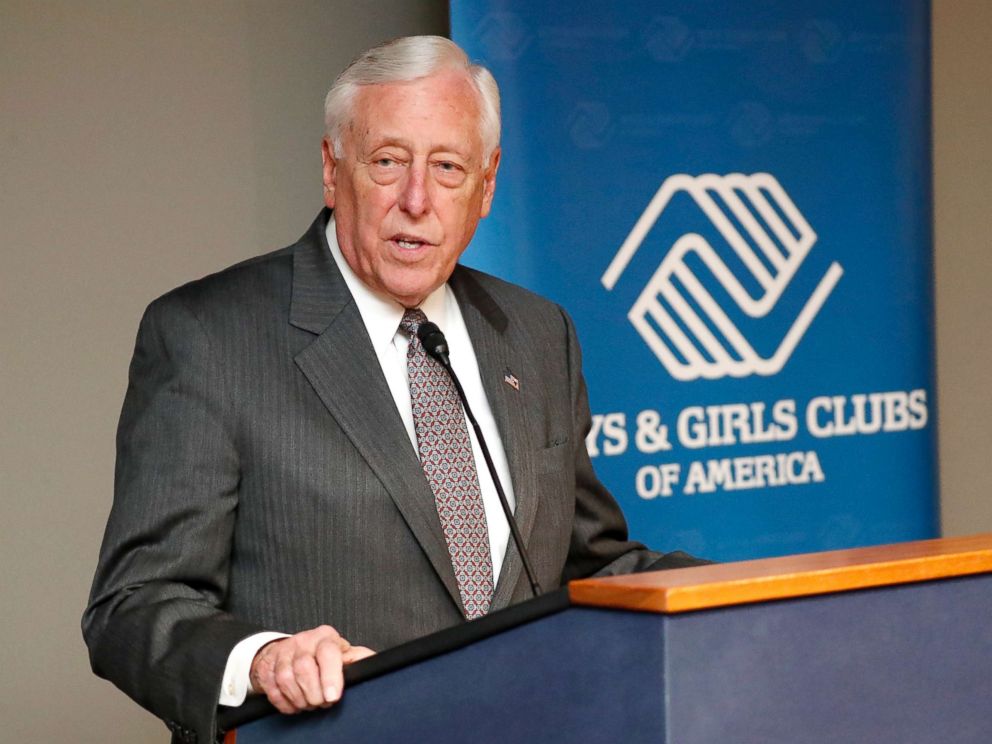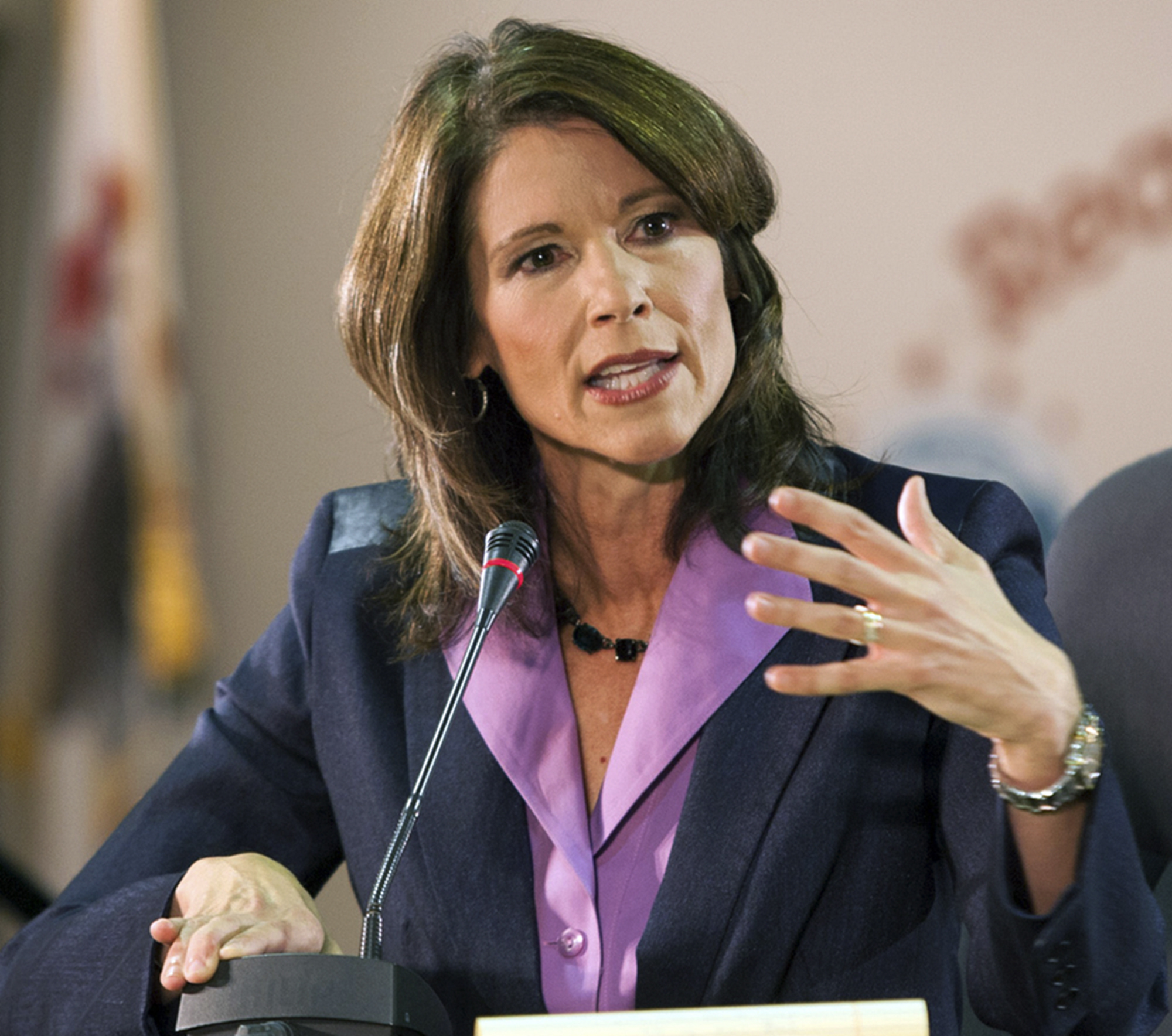Hoyer hopes economic agenda lays groundwork for Democratic House majority
The No. 2 House Democrat has been on a listening tour in the Midwest.
As members of Congress have enjoyed a two-week recess, Rep. Steny Hoyer, the House Minority Whip, has been using his spring break to embark on a listening tour and hold fundraisers across snow-covered Wisconsin and Minnesota.
“It is not summer in Wisconsin yet, I will tell you that,” Hoyer joked during a phone call with ABC News between events. “Thirty-two degrees. Snow on the ground.”
And what he's hearing, Hoyer says -- maybe to the surprise of some Democrats -- is not a lot about the president.
Given that, Hoyer thinks attacks on the president aren't enough -- that House Democrats need a positive agenda.
On his listening tours, Hoyer emphasizes the economy and district-specific issues he believes will enable Democrats to win in districts outside of the party’s traditional strongholds -- like Pennsylvania 18th Congressional District, where they enjoyed a major GOP upset last month with Conor Lamb’s special election victory over Republican Rick Saccone in a deep-red district.
“I don’t give any speeches, I don’t tell people what we’re doing [at the Capitol]” he says of the listening tours. “What I do is take a notebook and take notes and listen to what the business community, education community, the working community believes we ought to be pursuing in Washington to have a better life and make it in America.”

Hoyer hopes his listening tour will build Democratic momentum heading into this fall's midterm elections. He says President Donald Trump is “not the focus at all” of folks he hears from. Instead, voters talk about the new economy and the demand for nontraditional skills. On Wednesday, he says he learned about medical companies in the heartland making technical advances on colonoscopies and skin grafts.
“There’s a lot of sense about what people are doing, how they did it, how they succeeded, who helped them,” he said. “Sometimes you hear it was awfully tough to get my case heard or receive any kind of help from the government.”
During breaks in legislative activity at the Capitol, Hoyer, 78, regularly travels the country spreading the central themes of his ‘Make it in America’ agenda, a playbook of economic policies that he’s pedaled since 2010, touting policies on education, entrepreneurship, and infrastructure that he hopes to enact if Democrats regain the majority.
“You’re speaking their language, you’re speaking to their concerns,” Hoyer said. “We want to make your life successful. We want to make sure you have the skills necessary to participate in the 21st-century economy.”
From Nevada to Illinois, Pennsylvania to Ohio, Missouri to Indiana, Hoyer has joined a range of Democratic colleagues and candidates on the road.
Last November, Hoyer visited Peoria in Illinois’ 17th Congressional District, held by Rep. Cheri Bustos, a rising star within the Democratic Party. She credits Hoyer’s effort “because it’s a focus on what matters to people.”
“This shows that leadership cares about the heartland. We are and will be relentlessly focused on economic issues,” Bustos said. “The kind of things that Hoyer brings to communities is exactly kind of things we should be talking about in country.”

After the Dairyland listening tours, Hoyer traveled to Minnesota on Friday for several fundraisers. Since the start of the 2018 election cycle, Hoyer counts 22 trips in support of Democratic candidates and incumbents, raising or contributing $5.5 million toward the effort to win the majority.
The Maryland Democrat has served in the lower chamber since May 19, 1981, including as Pelosi’s deputy since 2003.
“We’re seeing change happen so rapidly that it’s difficult for people to adjust in the time frame they need to,” Hoyer says, signaling the party’s need to adapt its policies towards the future. “We’re listening to what people think and we’re going to have to respond to that.”




